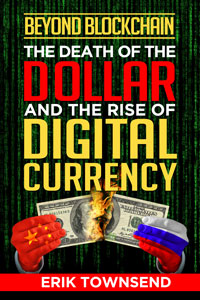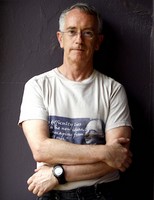Play the Above Episode in a Pop-Up Window | Download the Above MP3 File
Before retiring from academia, Dr. Steve Keen was Professor of Economics at Kingston University, London from 2014 till 2018. He is now Crowdfunded on Patreon at www.Patreon.Com/profstevekeen, and is an Honorary Professor at UCL University College London.
He was one of the handful of economists to realize that a serious economic crisis was imminent, and to publicly warn of it, from as early as December 2005. This, and his pioneering work on complex systems modeling of debt-deflation, resulted in him winning the Revere Award from the Real World Economics Review for being the economist “who first and most clearly anticipated and gave public warning of the Global Financial Collapse and whose work is most likely to prevent another GFC in the future”.
He was ranked as the 30th most influential economist in the world by Richtopia, despite being a rebel against mainstream economics. See https://www.google.co.uk/amp/s/richtopia.com/inspirational-people/top-100-economists/amp




